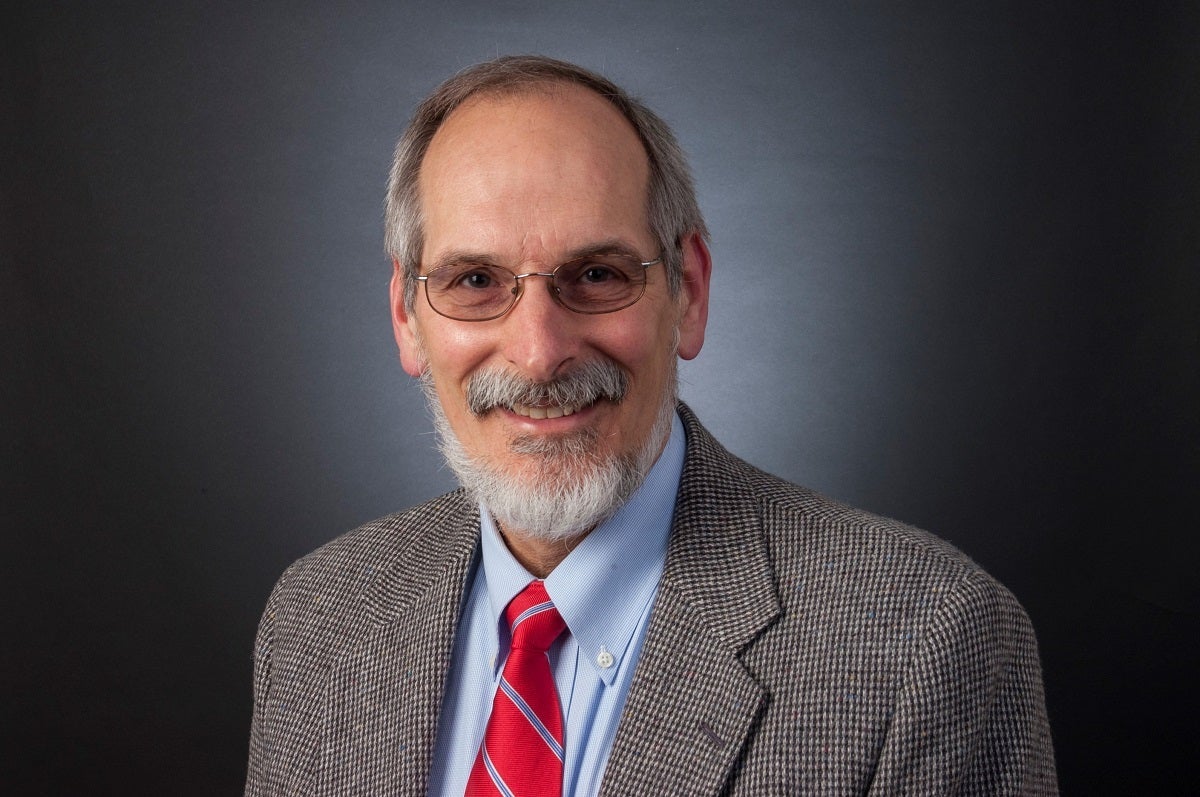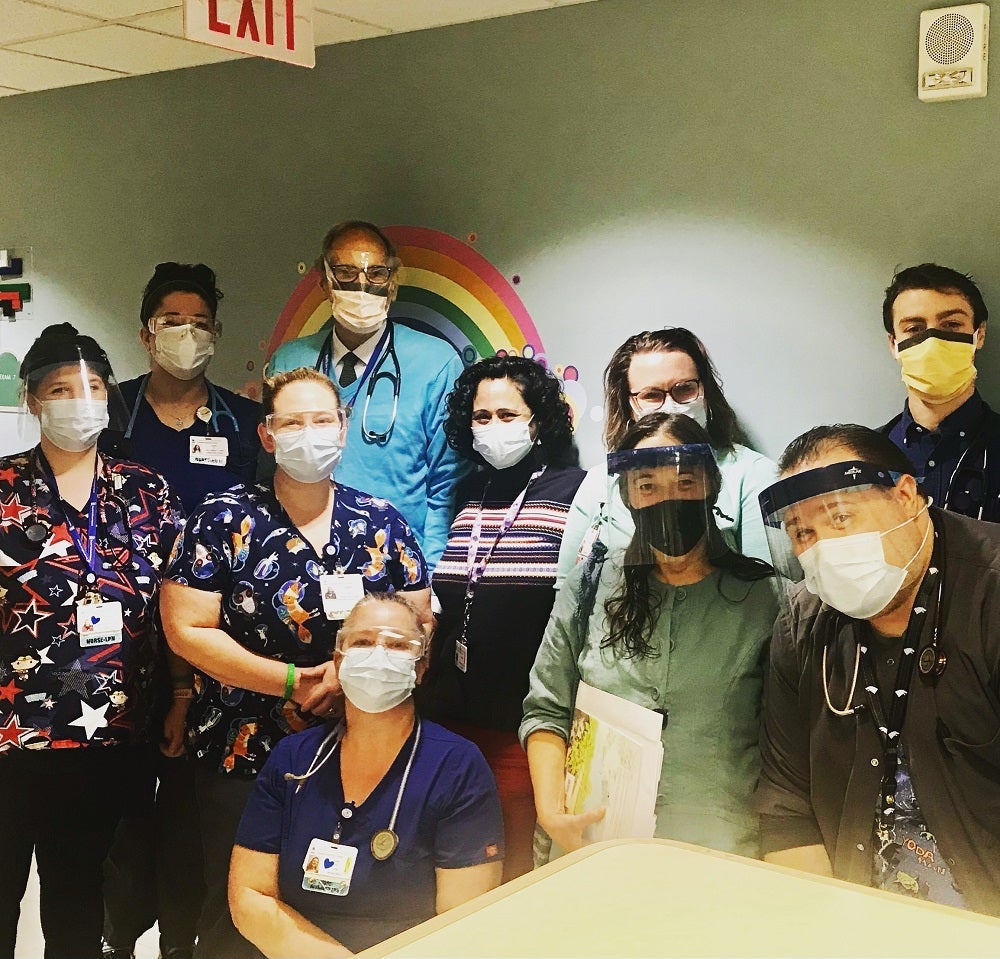Dr. Chris Kjolhede Shares A Father's Experience With Organ Donation
April 30, 2021Categories: Bassett News
Tags: Bassett News
Dr. Chris Kjolhede has a passion for promoting organ donation registration. As a pediatrician at Bassett Healthcare Network, his professional responsibilities make him aware of the incredible need for organ donation. But his passion is also quite personal.
"Ten years ago, my daughter Annalise passed away after a skiing accident," explains Dr. Kjolhede. "She was a registered organ donor, and we readily complied with her wishes."

April is Donate Life month — a time when people are encouraged to register as organ donors and a time when we recognize those who have given and received this most precious gift. Dr. Kjolhede's experience helps him educate and guide others as they explore the organ donation process.
Meeting a Need
"There are hundreds of thousands of people in our country on organ transplant waiting lists each year," explains Dr. Kjolhede. "People die waiting every day. With a need like that, I would encourage everybody to be a donor."
The eligibility requirements are broad: anyone over the age of 16 can register, and only a few medical conditions preclude donation. "People who are HIV positive, are undergoing chemotherapy, or have leukemia, for example, can't be donors," explains Dr. Kjolhede. "And sometimes individual organs can't be used. With Annalise, there was some indication that there might have been some pneumonia in her lungs. They couldn't take a chance of putting infected lungs into a recipient's body which will be immune-suppressed. So they held those back."
Donors and Family Control the Process
People's beliefs and traditions related to death can be very personal and important. Some may hesitate to register out of concern that organ donation would mean giving up those traditions and interfere with a family's grieving process. But the donation process is designed to be very responsive to those needs.
"When you register, you can qualify your wishes as much as you want," says Dr. Kjolhede. "You can say 'donate my kidneys but not my heart,' for example, or 'take my heart but leave the rest of me.' That body can then go to a funeral home and the family could have an open casket service."
Donors can make these specific detailed requests by registering through an organ procurement organization (OPO) such as Donate Life.
Make Your Wishes Known
Since the organ donation system prioritizes donor wishes and family agreement, it is important for registered donors to discuss their wishes with their family.
"Nobody wants to get into a fight with someone's family," says Dr. Kjolhede. "I tell high school seniors, 'tell your parents your wishes.' I tell adults, 'tell your next of kin.' These times are difficult enough without disagreement or misunderstanding. Get everybody on the same page."
Making a Match
There are several factors that determine who receives an organ when one becomes available. These factors include how long someone has been waiting, compatibility between the donor and recipient, distance from the donor hospital, and more.
These assessments are not handled by hospitals themselves. "Hospitals call an organ procurement organization (OPO) when a patient dies," explains Aisha Tator, Executive Director at Donate Life New York State, a statewide non-profit dedicated to increasing organ, eye, and tissue donation in New York. "They check the New York State Donate Life Registry to see if that individual was enrolled. Otherwise, the next of kin is asked for their consent to donate the individual's organ and/or tissue. The OPO then works with the United Network of Organ Sharing (UNOS) to determine who will receive the lifesaving organs based on a number of factors."
This streamlines an incredibly complex and time-sensitive process, frees doctors to focus on their patients, and offers oversight. "People are occasionally concerned that being an organ donor will affect their medical care," says Tator, "but really there is a complete separation of care. The doctors who take care of you while you are alive are not the same doctors involved in the donation process."
Lives Entwined
The identities and personal details of both donors and recipients are protected, but both donor families and recipients receive general descriptions of each other.
"With Annalise," remembers Dr. Kjolhede, "I knew that her liver went to a 58 year old woman who had hepatitis C after a blood transfusion during childbirth. It was comforting to get a feel for what lives her donations affected."
"For myself, I felt a need to let them know who my daughter was. So I wrote up a page about her: She was the middle child; she was the peacemaker; she was bright and intelligent; she was athletic and very smart; she was dedicated to her work in Lake Tahoe ecology. The organization managing the transfer made it available to recipients who wanted it."
He included his email address in the letter. In time, he heard from four out of five of the major donors. "It gave some solace to hear how Annalise's gifts changed their lives."
April is Donate Life Month. One organ donor could save up to eight lives, restore sight to two people, and heal dozens of others. Visit https://www.donatelife.net/ to learn more and register to be an organ donor today.

